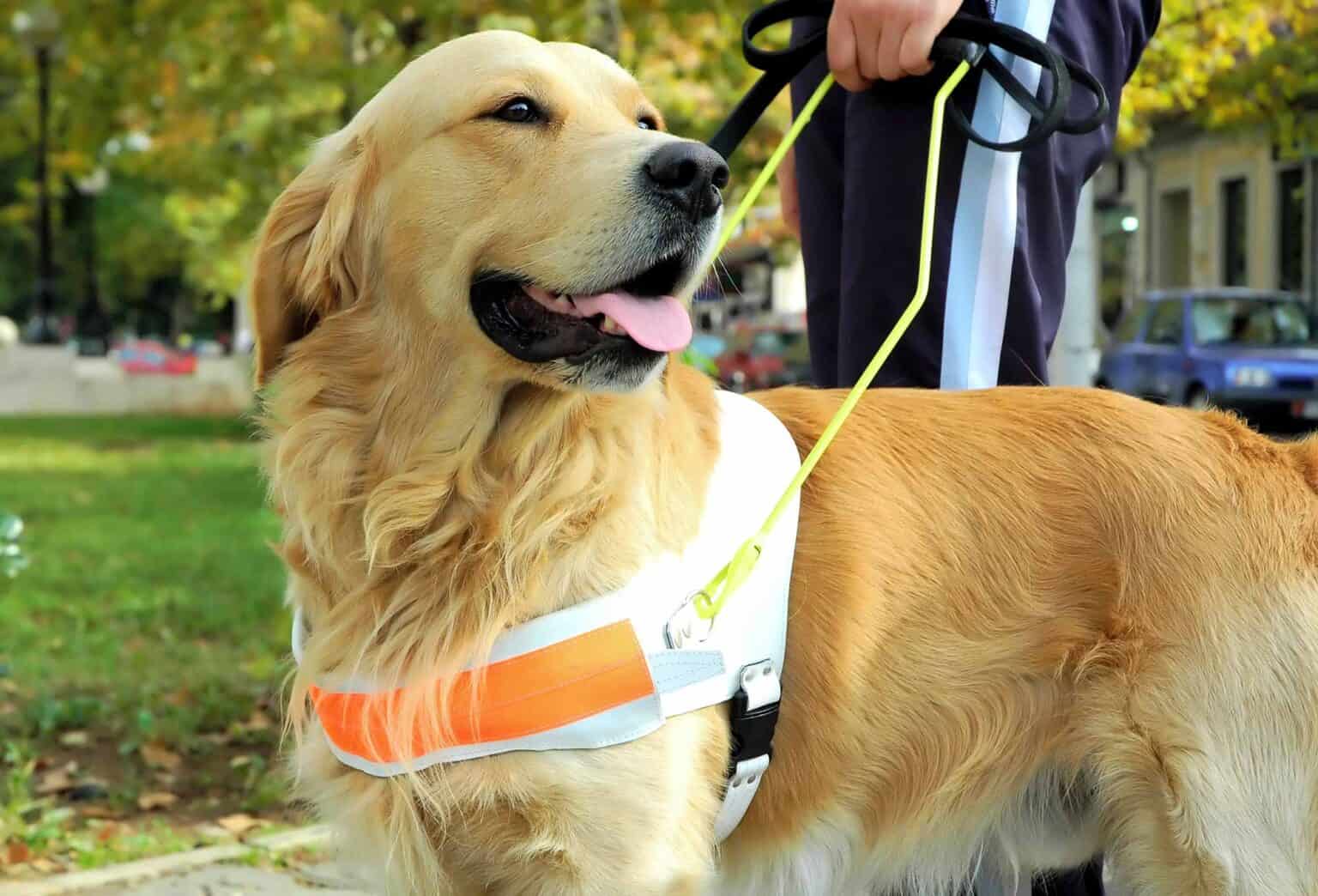Pets with Jobs: The Amazing World of Therapy and Service Animals
 Humans have long relied on the help of animals to perform the meaningful work that was required to survive and thrive, and it’s arguable that we never could have progressed to the point we are at now without the invaluable assistance of dogs, cats, and other animals.
Humans have long relied on the help of animals to perform the meaningful work that was required to survive and thrive, and it’s arguable that we never could have progressed to the point we are at now without the invaluable assistance of dogs, cats, and other animals.
The jobs that animals perform for humans look a lot different than in bygone days, but they are no less essential. Service animals, therapy animals, and other types of working animals fill critical roles in human lives and society in general. At BEEVET Animal Hospital, we can’t imagine life without these incredible animals!
Types of Service Animals
According to the Americans with Disabilities Act (ADA), service animals are technically not pets. The devotion and love they feel for their handlers is evident, however, and these animals and their humans tend to have an unbreakable bond. The types of service animals include:
- Guide dog – Guide dogs lead blind or visually impaired people around obstacles, and help them navigate busy streets and sidewalks. Dogs have been helping humans in this way for centuries, possibly as far back as ancient Rome and China.
- Hearing or signal dog – These dogs are trained to alert someone with significant hearing loss to noises, such as a knock on the door.
- Psychiatric service dog – These dogs have been trained to assist a handler with PTSD or other psychiatric disorder in a variety of ways, including warning of an oncoming psychiatric episode, reminding them to take prescribed medication, and performing safety checks or room searches.
- Mobility assistance dog – For individuals with limited mobility, a service dog can provide invaluable tasks that increase independence, such as bringing objects to them, turning lights on and off, opening doors, and pushing elevator buttons.
- Diabetic alert dog – Diabetic alert dogs use their incredible noses to predict a dangerous drop in blood sugar in a diabetic handler.
- Seizure alert dog – These dogs are trained to respond to seizures by barking for help, moving their handler to safety, or bringing medication to their handler.
Emotional Support and Therapy Animals
Although neither emotional support or therapy animals are afforded the same access to public areas as service animals under the ADA, they can be important parts of an overall medical care plan.
Enjoying time with a companion animal has been proven to lower blood pressure, reduce stress, and increase feelings of happiness, and therapy dogs can often be found in hospitals and long-term care facilities providing these positive benefits to patients. Emotional support animals also give a calming, comforting presence to a handler with an emotional or psychological disability.
Working Dogs
Through breeding and training, working dogs enjoy performing specific functions like herding, hunting, guarding, and search and rescue. Military and police K9s are a specific type of working dog who can be trained for diverse jobs, including:
- Police work – Police K9 units are trained to attack and immobilize potential criminals and assist the officer in investigating the scene of a crime.
- Detection – Thanks to their superior noses, dogs are used to detect drugs, explosives, cadavers, and illegally imported items, such as money, weapons, and agriculture products.
- Military service – Military working dogs (MWDs) perform a variety of military tasks alongside their soldier handlers.
Here at BEEVET, we salute the legions of service animals, therapy and emotional support animals, and working dogs who make life easier, safer, and more enjoyable. If you have any questions about your wonderful pet, don’t hesitate to give us a call!
